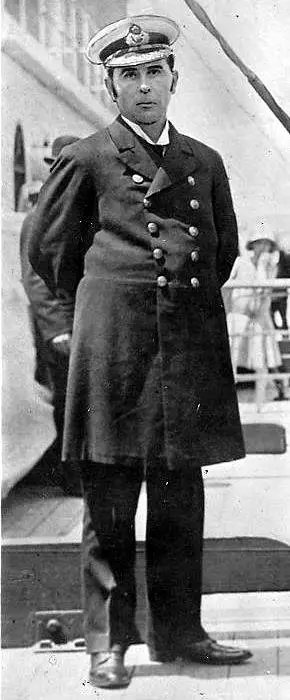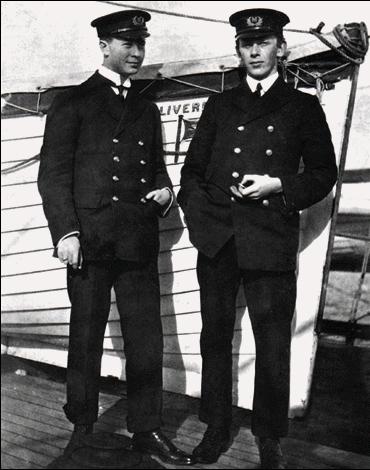An Introduction

Just a Bit More Steam
What if Boiler Room 1 had been lit during the Titanic's Maiden Voyage?
An Introduction
For many of us who enjoy to look into the subject of the world's most infamous ocean liner, many questions to come to mind when discussing the life and death of the Titanic crew, passengers, and own being... if one were to describe her in such a manner. With said fascination... many ideas and topics have sprung up over the ages regarding many of the aspects surrounding her maiden voyage, or more specifically... her sinking. Some of these range on from the state of the ship's electricity during the sinking towards the subject of her break-up... all of which have provided some form or manner of both fruitful, and downright odd discussion and discourse.
Steering off that more objective avenue, we go into the realm of theoretical studies regarding the ship, whether it be us all asking questions as to how more lifeboats would've effected the passenger survival rate, or if certain steps or decisions made had been committed in a different manner though. While most of these can be both minute or extremely lifechanging (in terms of their effect on the sinking or outright survival of the ship), very few go well into depth regarding not only the many characters on board the ship, but also those outside the "ground zero" area of the ship.
As such, this little project I have decided to dive into shall not be one of the more typical over-arching timelines one usually sees with this subject, but rather a story that is changed due to the base factors that have been kept the same or changed. So while Titanic will inevitably strike her 'berg, the means of her state and the state of other ships in the area changes entirely due to the circumstances which will be revealed within the story.
So while this is to be a story of my own creation, I will encourage any and all reader input with regards to the subject for while I am a buff regarding the subject, I will definitely have shortfalls with regards to certain details, whether it be things regarding the engineering of Titanic and other ships, or the character aspects of the men, women, and children involved within the sinking.
I do hope that this project bares some fruit for all who are interested and provides an interesting subject to be discussed for all on the forum.
-HerbertVonKarajan (Not the conductor

